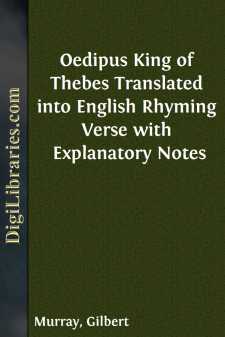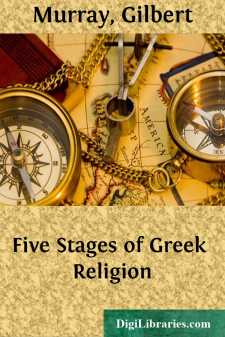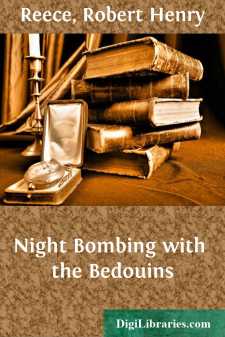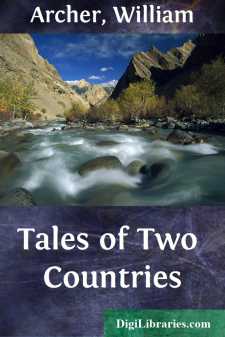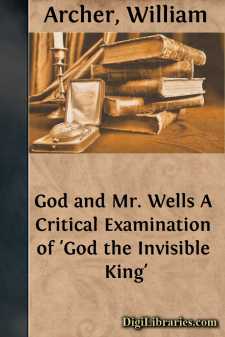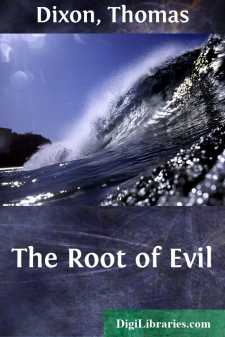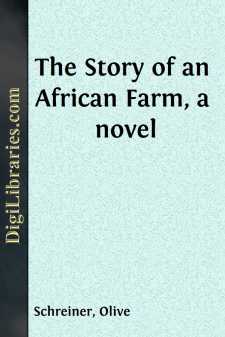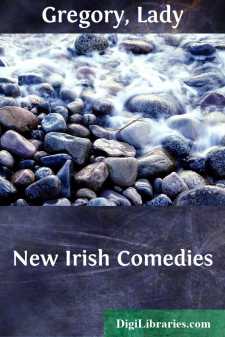Categories
- Antiques & Collectibles 13
- Architecture 36
- Art 48
- Bibles 22
- Biography & Autobiography 813
- Body, Mind & Spirit 142
- Business & Economics 28
- Children's Books 15
- Children's Fiction 12
- Computers 4
- Cooking 94
- Crafts & Hobbies 4
- Drama 346
- Education 46
- Family & Relationships 57
- Fiction 11828
- Games 19
- Gardening 17
- Health & Fitness 34
- History 1377
- House & Home 1
- Humor 147
- Juvenile Fiction 1873
- Juvenile Nonfiction 202
- Language Arts & Disciplines 88
- Law 16
- Literary Collections 686
- Literary Criticism 179
- Mathematics 13
- Medical 41
- Music 40
- Nature 179
- Non-Classifiable 1768
- Performing Arts 7
- Periodicals 1453
- Philosophy 64
- Photography 2
- Poetry 896
- Political Science 203
- Psychology 42
- Reference 154
- Religion 513
- Science 126
- Self-Help 84
- Social Science 81
- Sports & Recreation 34
- Study Aids 3
- Technology & Engineering 59
- Transportation 23
- Travel 463
- True Crime 29
Oedipus King of Thebes Translated into English Rhyming Verse with Explanatory Notes
by: Gilbert Murray
Categories:
Description:
Excerpt
PREFACE
If I have turned aside from Euripides for a moment and attempted a translation of the great stage masterpiece of Sophocles, my excuse must be the fascination of this play, which has thrown its spell on me as on many other translators. Yet I may plead also that as a rule every diligent student of these great works can add something to the discoveries of his predecessors, and I think I have been able to bring out a few new points in the old and much-studied Oedipus, chiefly points connected with the dramatic technique and the religious atmosphere.
Mythologists tell us that Oedipus was originally a daemon haunting Mount Kithairon, and Jocasta a form of that Earth-Mother who, as Aeschylus puts it, "bringeth all things to being, and when she hath reared them receiveth again their seed into her body" (Choephori, 127: cf. Crusius, Beiträge z. Gr. Myth, 21). That stage of the story lies very far behind the consciousness of Sophocles. But there does cling about both his hero and his heroine a great deal of very primitive atmosphere. There are traces in Oedipus of the pre-hellenic Medicine King, the Basileus who is also a Theos, and can make rain or blue sky, pestilence or fertility. This explains many things in the Priest's first speech, in the attitude of the Chorus, and in Oedipus' own language after the discovery. It partly explains the hostility of Apollo, who is not a mere motiveless Destroyer but a true Olympian crushing his Earth-born rival. And in the same way the peculiar royalty of Jocasta, which makes Oedipus at times seem not the King but the Consort of the Queen, brings her near to that class of consecrated queens described in Dr. Frazer's Lectures on the Kingship, who are "honoured as no woman now living on the earth."
The story itself, and the whole spirit in which Sophocles has treated it, belong not to the fifth century but to that terrible and romantic past from which the fifth century poets usually drew their material. The atmosphere of brooding dread, the pollution, the curses; the "insane and beastlike cruelty," as an ancient Greek commentator calls it, of piercing the exposed child's feet in order to ensure its death and yet avoid having actually murdered it (Schol. Eur. Phoen., 26); the whole treatment of the parricide and incest, not as moral offences capable of being rationally judged or even excused as unintentional, but as monstrous and inhuman pollutions, the last limit of imaginable horror: all these things take us back to dark regions of pre-classical and even pre-homeric belief. We have no right to suppose that Sophocles thought of the involuntary parricide and metrogamy as the people in his play do. Indeed, considering the general tone of his contemporaries and friends, we may safely assume that he did not. But at any rate he has allowed no breath of later enlightenment to disturb the primaeval gloom of his atmosphere.
Does this in any way make the tragedy insincere? I think not. We know that people did feel and think about "pollution" in the way which Sophocles represents; and if they so felt, then the tragedy was there....


